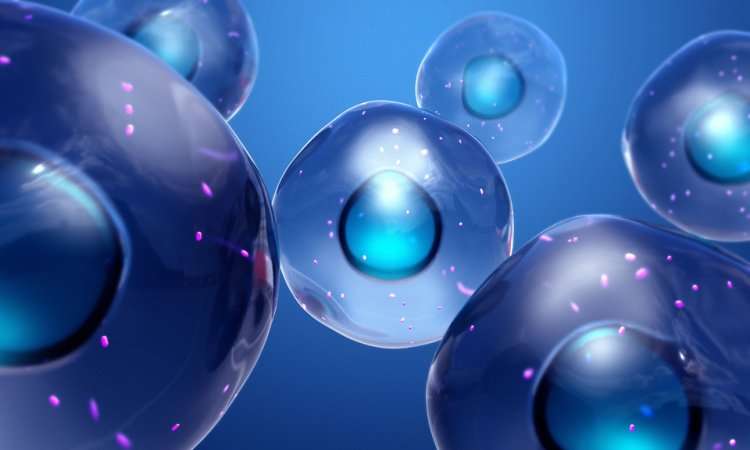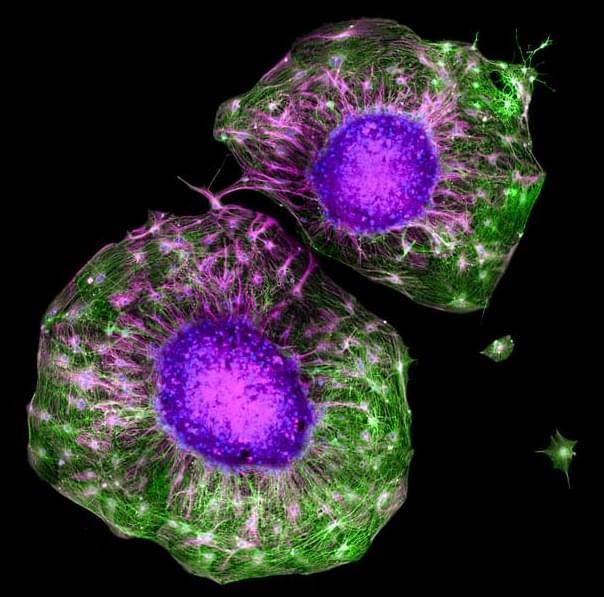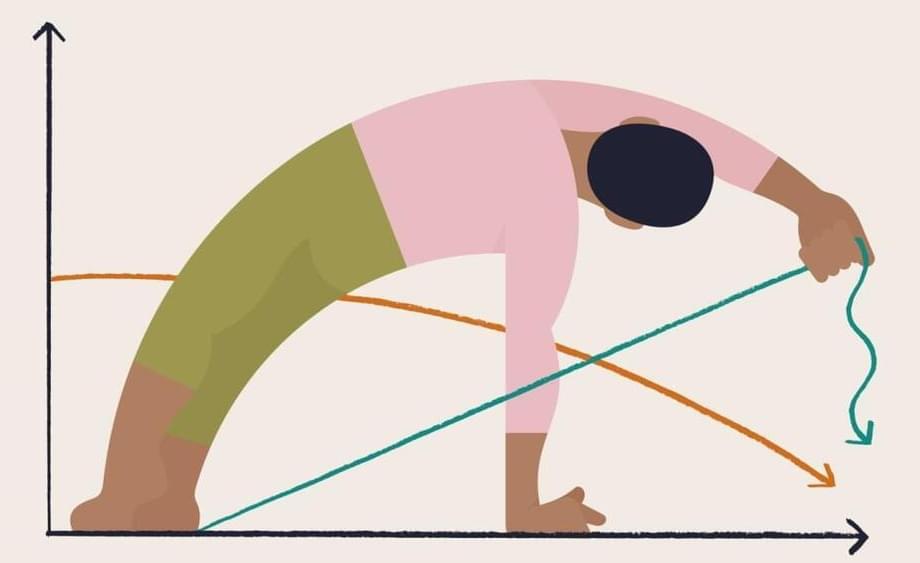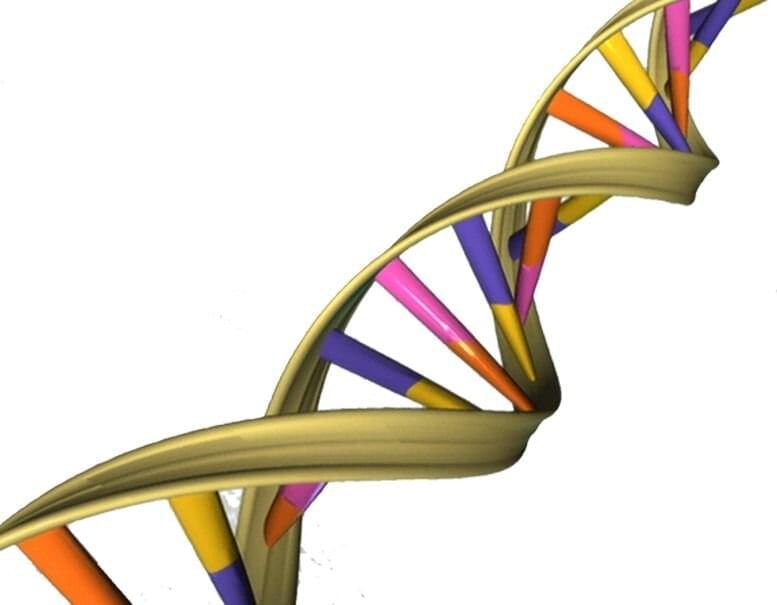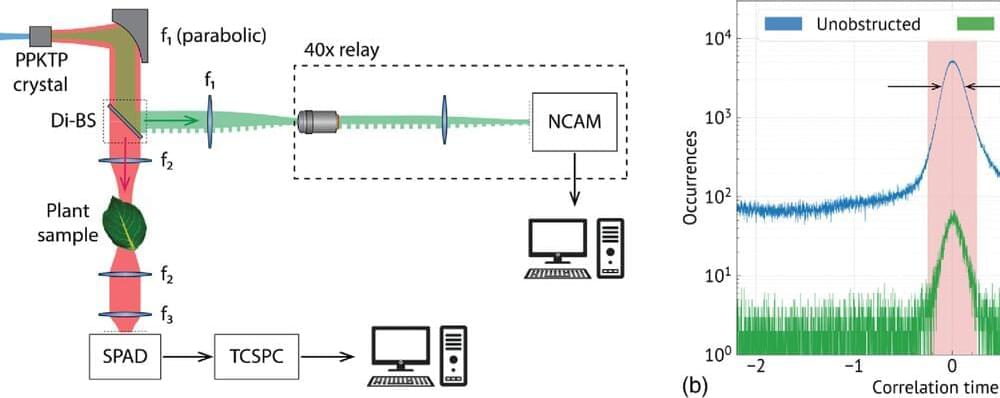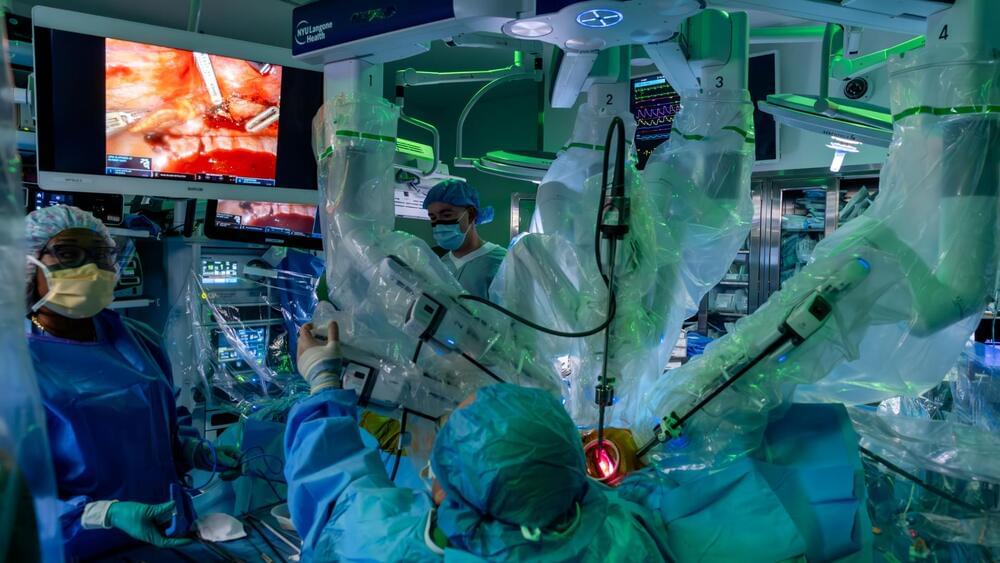IVF technology matures eggs in a culture of iPSC (induced stem cell)-derived ovarian cells.
A baby was born in their trial, marking “first ever human birth using using iPSC technology” company claims.
Gameto useds iPSCs, or induced pluripotent stem cells. Same as embryonic stem cell, except made by inducing (forcing) a skin cell or white blood from a donor cell to become a stem cell using a protein cocktail. Dont need embryo to start.
This is also the first demonstration of an end-to-end process by which a therapy developed from induced pluripotent stem cells (iPSC) has the potential to improve IVF outcomes and advance women’s health. Co-culturing immature eggs with Gameto’s proprietary OSCs has shown promising results to date, with the potential for higher rates of egg maturation and embryo formation.
“This breakthrough represents a historic milestone in reproductive medicine,” said Dr. Luis Guzmán, Lead at Pranor Labs & Science, who oversaw the Fertilo-enabled IVF cycle that enabled the first live birth. “The ability to mature eggs outside the body with minimal hormonal intervention significantly reduces risks such as ovarian hyperstimulation syndrome and alleviates the side effects caused by high hormone doses. Fertilo is a major advancement for women who cannot tolerate or do not want to undergo the burden of the traditional IVF protocol, bringing hope and new possibilities to a broader patient population.”
